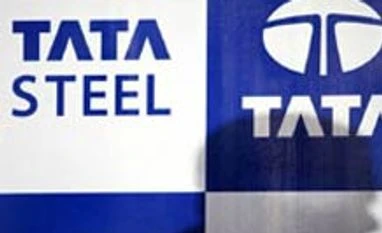"The company expects non-cash write-down of the goodwill and assets in the consolidated financial statements for the year ended March 31, 2013, of around $1.6 billion," Tata Steel said.
An analyst tracking the industry said this was negative news for Tata Steel shareholders, as the company's valuation fell. Also, it showed lack of demand for its products in Europe. The Tata Steel stock has fallen 29 per cent so far this year. On Monday, the company's shares closed at Rs 305 apiece on BSE. Analysts expect the stock to fall further tomorrow, owing to the announcement on impairment.
More From This Section
In 2008-09, following restructuring at Tata Steel Europe under the 'fit for the future' programme, Tata Steel made an impairment of assets worth Rs 4,094.5 crore.
In 2009, Aditya Birla Group's Hindalco had made a similar non-cash impairment on Novelis' assets for $1.5 billion.
Tata Steel said the impairment was primarily due to a weaker macroeconomic and market environment in Europe, where steel demand fell eight per cent in 2012-13 and about 30 per cent since the global financial crisis. The company cautioned the conditions were expected to continue over the near and medium terms. This led to downward revisions of cash flow expectations from the European business.
The impairment also includes the effect of the write-down of assets in the ferro chrome business in South Africa and the mini blast furnace in Tata Steel Thailand, impacted by the high cost of raw material feedstock. The final figures would be included in the full-year results slated to be announced on May 23. The company's financial covenants were unaffected by the non-cash write-down of goodwill and assets, the company said.
Earlier, in a report, global brokerage firm CLSA had recommended Tata Steel consider selling a part or all of the assets of Corus, its European arm. It said the move could provide increased support to its stock this year.
"We sense a change in Tata Steel's thought process in recent months and now, there is a much stronger focus on asset sales than in the past. The aim here is to deleverage the balance sheet and rid the portfolio of assets with questionable outlook (including Corus). We see this change as a positive and, if successful, it could achieve a big reduction in the risk profile, with large earnings and value accretion," the report had said.
Tata Steel had denied it planned to sell any of its assets or plants in Europe.
)